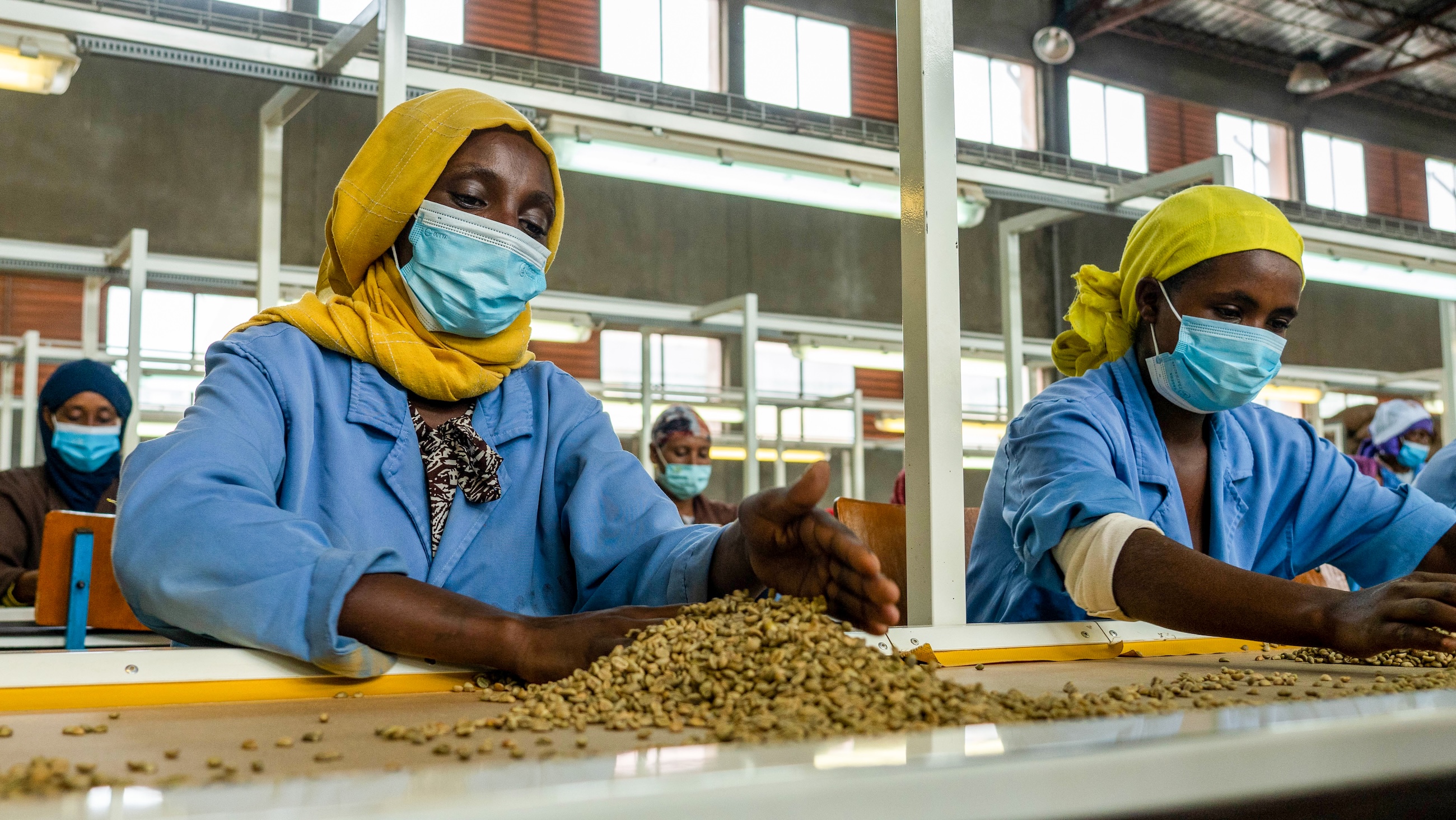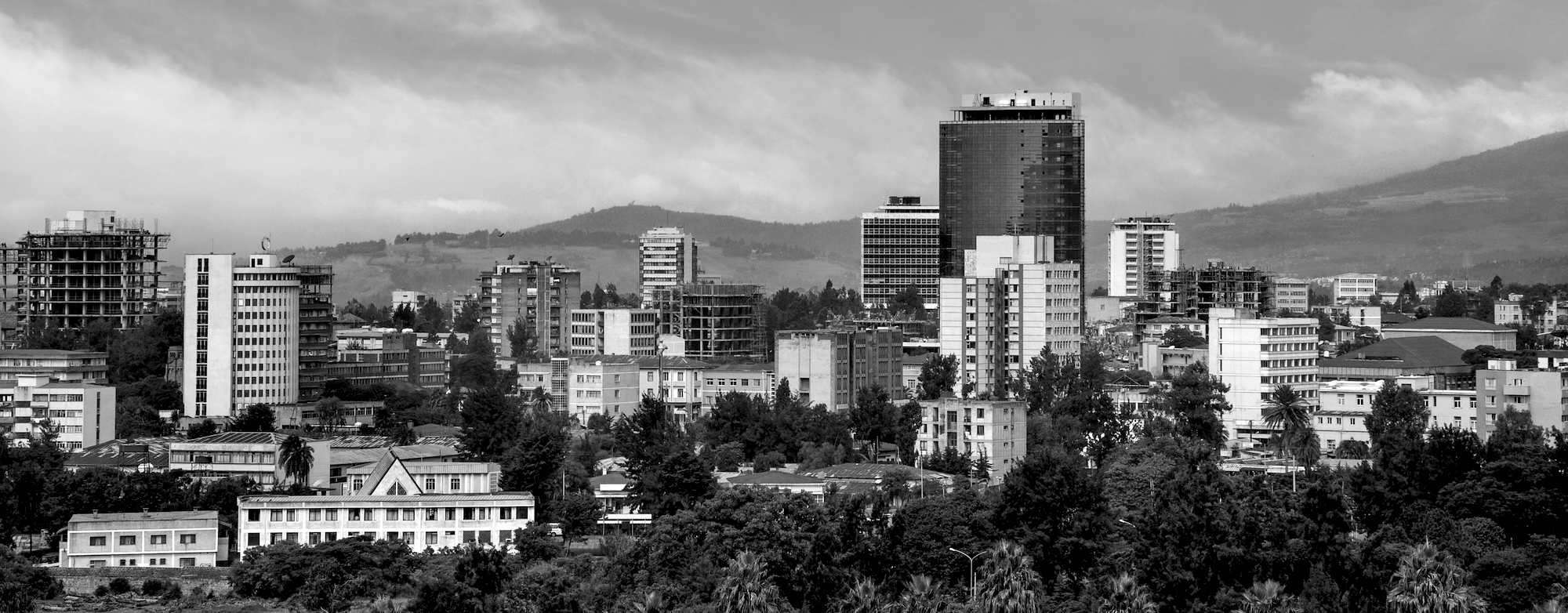Ethiopia is expected to add two million people to its workforce annually throughout the 2020s. Prime Minister Abiy Ahmed and his government therefore set a goal of creating 20 million quality jobs between 2021 and 2030, with particular emphasis on the country’s two largest regions – Amhara and Oromia – and the capital city, Addis Ababa.
The effort is both cross-ministerial and a partnership between the regions and the federal government.
At the federal level, the Ministry of Labor and Skills has concentrated on building a labor market information system to track jobs data, and the Ministry of Industry is focused on key components of the industrial sector.
The regional governments of Amhara and Oromia first prioritized transforming their agricultural value chains. Through a series of targeted interventions, such as the identification of crops with export and import substitution potential and the introduction of contract farming, the regions have made the country self-sufficient in wheat; developed avocado into a major export crop; led to a 40% increase in the production of oilseeds; produced a threefold increase in revenue from coffee exports; and created more than 2.7 million quality jobs along the value chain.
Dedicated program delivery units in each region’s Office of the President and a Strategic Programs Management Office within the Addis Ababa City Administration push the employment agenda forward, including with a new focus on cities, entrepreneurship, and green energy. The federal and regional governments know that careful planning, the prioritization of sectors with large job creation potential, and the mindful targeting of new opportunities will be necessary if the country is to sustain its momentum and drive towards its ambitious target for 2030.

